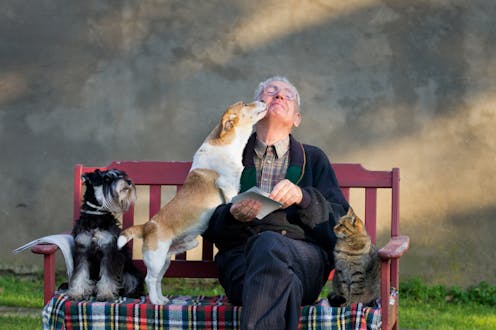
For anyone with a pet, you’ll know how much happiness they can bring to your life. Pets are part of the family – which is why, as someone who shares their life with a companion animal, it’s been so hard to hear about the thousands of people having to give up their pets due to the cost of living crisis.
Alongside rising energy prices, interest rates, rents and mortgages, the cost of caring for a dog has almost doubled since 2019. According to Battersea Dogs & Cats Home, the average figure is now around £2,000 a year – the price of pet food, healthcare and insurance have all gone up.
Pets4Homes, a pet classifieds site, recently found that 8% of pet owners are considering “giving up their pet”. The RSPCA has reported a 25% rise in the number of “abandonment incidents” from 2021 (10,519) to 2022 (13,159). Cats Protection has also seen an 18% rise in cats abandoned by their owner, while Dogs Trust received a “record-breaking 50,000 handover enquiries” last year.
Of course, circumstances change. When COVID hit and people were locked down in their homes - bored, lonely and anxious – it seemed the ideal time for a new pet. In the UK alone, an estimated 3.2 million households acquired a pet during the pandemic. Dogs were the most popular (in 57% of these households), with cats a close second (38%).
But with demand for pets now back down to pre-pandemic levels, smaller animal rescue centres are feeling the strain. According to the All-party Parliamentary Dog Advisory Welfare Group, dog rescue in the UK is in a “state of crisis never seen before”.
Statistics support this. The most recent Pets4Homes UK Pet Industry Report found that 42% of rescue centres were at 100% occupancy in 2022, compared with 22% in 2019. Of those centres, 26% reported “financial reasons” as the most common reason why people are giving up their pets – with older people and middle-income earners particularly affected.
If you’re struggling to provide for your pets, these money saving tips and support initiatives will hopefully be useful.
1. Switch food
Pet food has increased massively in price, so it’s worth shopping around and looking at cheaper brands. Which? advises that dry pet food is “usually the most economical”, buying in bulk can reduce monthly costs, and that switching brands could save around £80 a year for a medium dog and £100 a year for one cat.
With dry and wet food, supermarket own-brands are generally good value for money. The RSPCA has an excellent cost of living advice hub, and suggests mixing your pet’s regular food with a cheaper brand to make it stretch further.
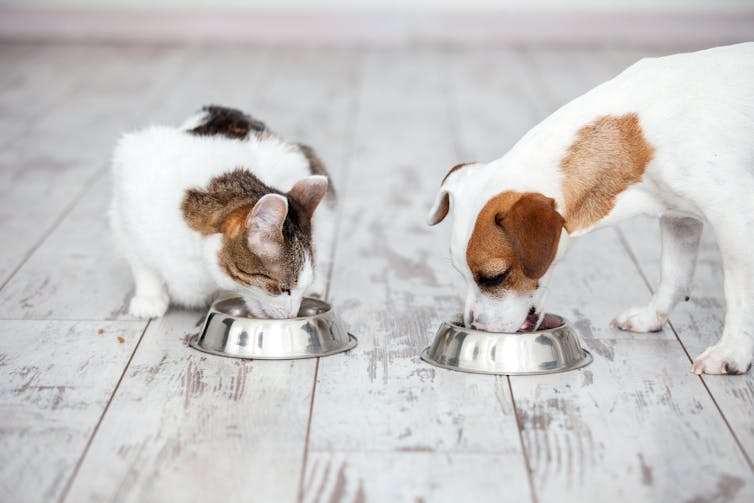
2. Support VAT-free pet food
A Dogs Trust-commissioned poll of owners in October 2022 revealed that almost a quarter (23%) say the rising cost of dog food is their biggest worry in terms of caring for their dog. This led the charity to call upon the government to remove VAT from pet food. This 20% cost reduction could make a big difference - and increased public support could help to make this happen. So why not write to your local MP to ask for their support?
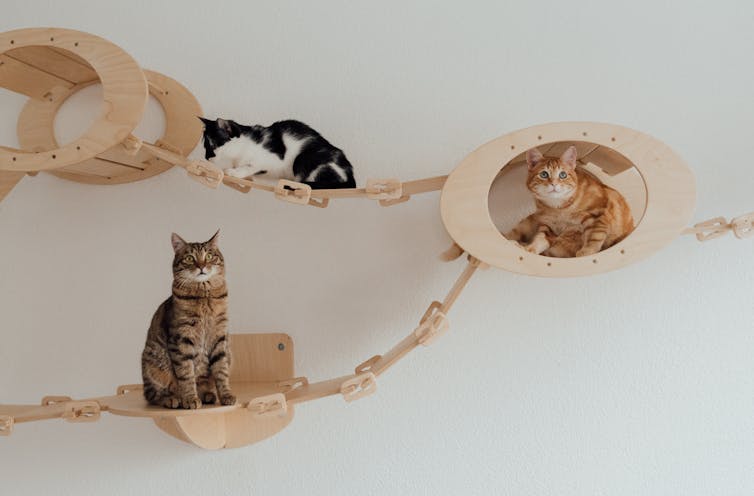
3. Visit a pet food bank
The Trussell Trust supports a network of more than 1,200 independent food banks in the UK, each providing emergency food and support. Many include pet food as part of this. The RSPCA Pet Food Bank project, supported by the Pets at Home Foundation (a charity set up by the retailer Pets at Home), collects pet food donations and delivers them to food banks.
Recognising that “no one should have to choose between feeding themselves or their pets”, the animal welfare charity Blue Cross is also running pet food banks and partnering with various organisations across the country.
It’s worth seeing if there’s one close to you as more and more are popping up – such as the Pet Food Bank Service in South Wales, which started in 2018 and has since provided more than 136,000 pet meals and items. All of these centres offer support and also welcome donations.
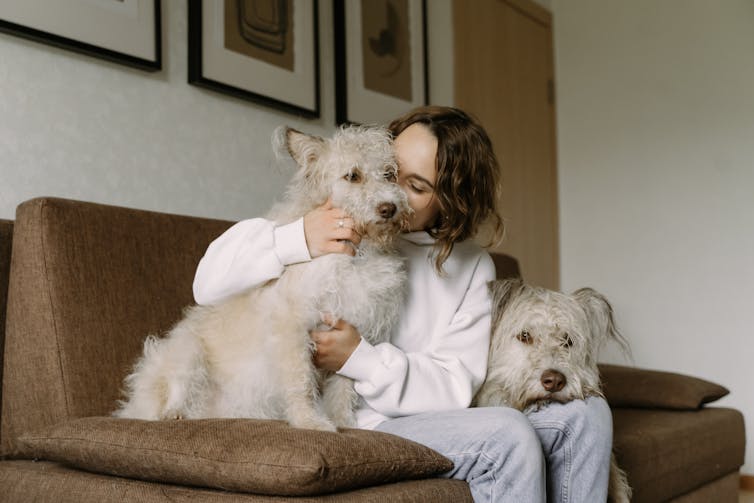
4. Consider pet insurance
Pet insurance is still widely seen as a privilege. It’s an added expense but can potentially save thousands of pounds in veterinary fees. The Association of British Insurers reported that the average premium dog policy stood at £274 per year in 2021, while the average claim was £848. There are different options available, including low-cost “accident-only” insurance for as little as £5 a month.
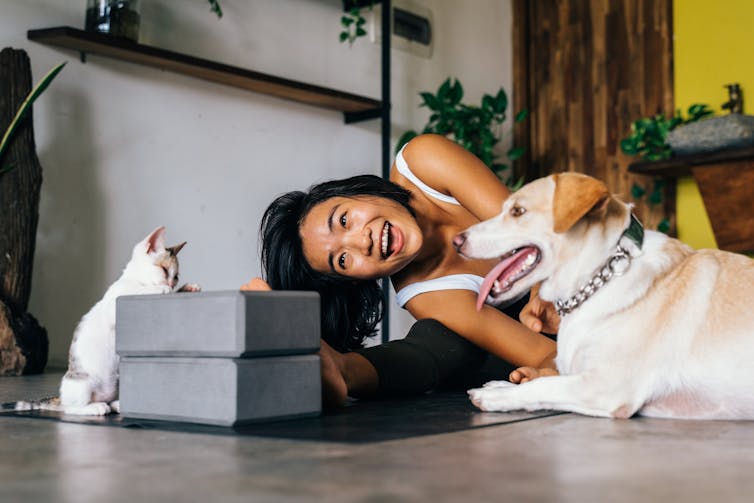
5. Vet payment plans can help
Paying for neutering or spaying and wormer, tick and flea treatments can save money in the long run by preventing future health conditions. Some vets offer monthly payment plans to spread the cost, while charities such as the PDSA and Blue Cross provide low-cost or free veterinary treatment for eligible families.
Cats Protection also offers financial assistance for neutering your cat, while Dogs Trust offers discounted dog behaviour training.
Ultimately, if possible, it’s important to keep people and their pets together during the cost of living crisis. As well as safeguarding the wellbeing of both humans and animals, this will help to reduce the financial burden on animal rescue centres, and the number of healthy, rehomeable animals being unnecessarily euthanised.
Daniel Allen is founder of Pet Theft Reform and patron of the Stolen and Missing Pets Alliance (Sampa).
This article was originally published on The Conversation. Read the original article.







